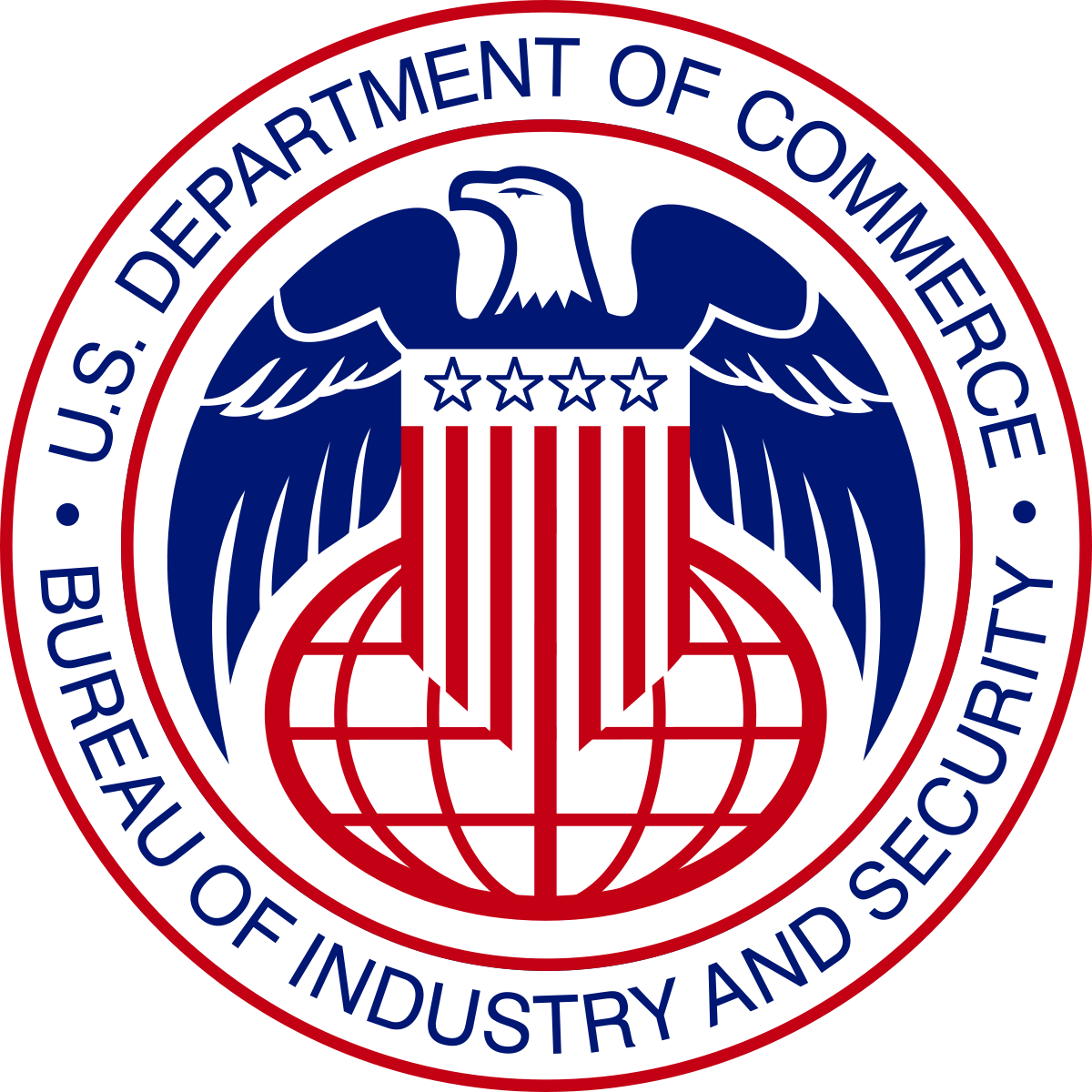
Conflict of Interest at the Highest Levels: Analysis of the Smuggling In...
Адвокат Максим Раков прокомментировал беспрецедентную ситуацию в израильском правоохранительном сообществе на радио РЭКА 1 февраля 2026 г.

On June 28, 2022, the US Financial Crimes Enforcement Network (FinCEN) and the US Department of Commerce’s Bureau of Industry and Security (BIS) has issued a special Suspicious Activity Report that addressed the issue of attempts by certain sanctioned Russian persons to evade sanctions through the network of Russian and non-Russian individuals and entities.
As a reaction to this Suspicious Activity Report, US Office of Foreign Assets Control (OFAC) has issued, inter alia, a sectoral Determination that we have covered in our recent publication.
In addition to the newly-updated OFAC SND list (that includes major Russian banks, such as Bank Saint-Petersburg, MTS Bank, and Uralsib bank), on February 27, 2023, BIS has issued several documents that indicate the banned groups of goods and newly sanctioned companies. The BIS has introduced the Implementation of Additional Sanctions Against Russia and Belarus Under the Export Administration Regulations (EAR) and Refinements to Existing Controls and an updated Entity List.
These BIS instruments allow to determine the exact product group of military, defense, and potential dual use that are now banned for export or reexport to or transfer within Russia or Belarus, and entities, transactions with whom are restricted.
The mentioned documents also target multiple Italian, Swiss, UAE, Czech and Russian companies and individuals that assist previously-sanctioned Russian companies to circumvent the sanctions by buying US-origin equipment for Russian military purposes, and that otherwise, directly or indirectly, support Russian technological and energy military-related sectors. The new lists include companies that are involved in aerospace, services, electronics, even management, legal consulting, and financial services.
The Suspicious Activity Report provides for a list of “Transactional and Behavioral Red Flags” to point out potentially Russia-related transactions and even negotiation activities for the companies to avoid in order to comply with the sanctions regime.